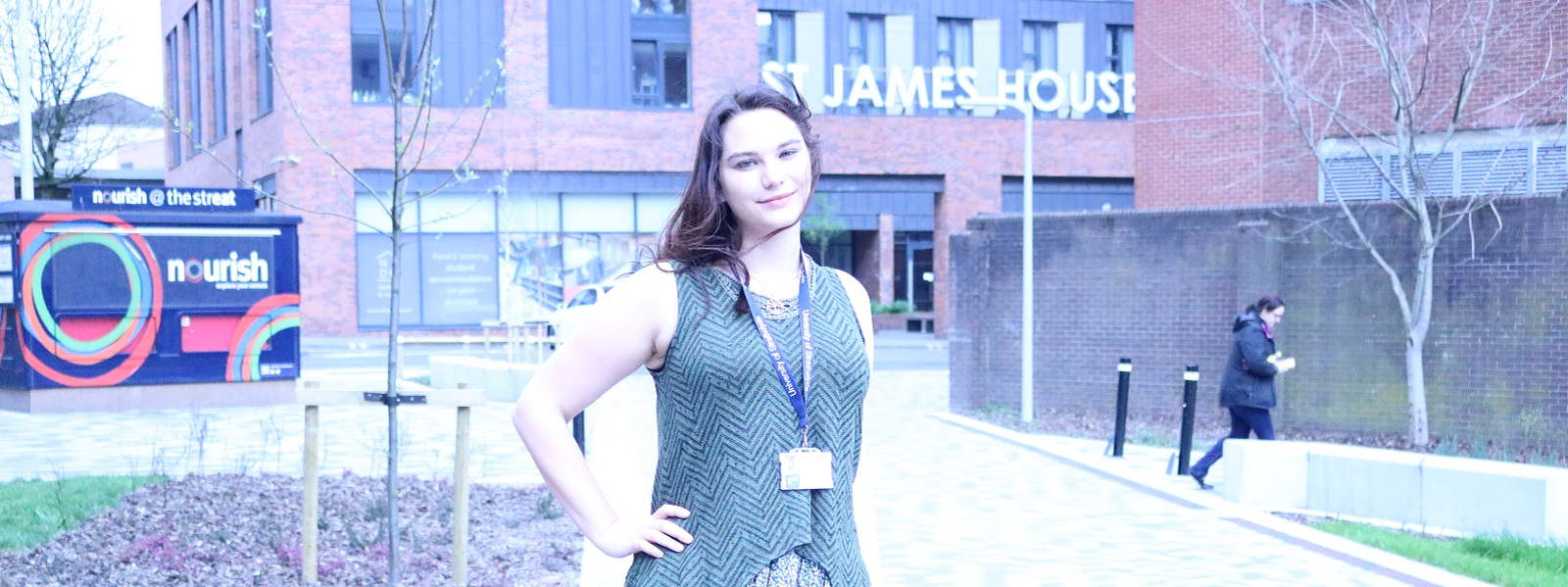Tell us a bit about yourself...
My background is in Anthropology and I would generally refer to myself as an anthropologist. My academic qualifications consist of a BSc in Biological Anthropology (University of Kent) and a MSc in Medical Anthropology (UCL, London). After my master’s course I obtained a position as a research assistant in the NHS. This job helped me decide that I wanted to further my studies in a more applied course.
Why did you choose Strathclyde for your postgraduate research study?
Strathclyde’s Social Policy department is excellent. The University of Strathclyde was voted 1st in ‘The Complete University Guide League Tables 2019.’ I also had the opportunity to work with Professor Sir Harry Burns, an individual I highly admire and believed could help me help others with my research.
Tell us about the nature of your research?
My research is an inter-disciplinary study looking at alcohol misuse in Glasgow 1980s-2000s. I am drawing on Bourdieu’s theories of field, habitus, practice and capital to establish a cultural understanding of alcohol misuse. This will be combined with narrative interviews with individuals who were children of alcohol misusers in Glasgow during the 1980s-2000s.
What do you like about your research area?
The diversity of research in this area is so interesting. I think the field of Social Policy is expanding and drawing evidence from other disciplines to influence highly important areas. In my particular field of interest there has been so much support and information to draw upon.
What’s the Strathclyde research community like?
The research community is very diverse and interesting. There are always opportunities to push yourself. There are a diverse range of students who all come from differing backgrounds which leads to interesting discussions and debates. There are also opportunities to integrate with the academic staff and these individuals have proved to be very informative.
What are the Strathclyde facilities like?
The facilities at Strathclyde are good. The library has many different areas you can sit in and departments which can offer help and courses on anything you need advice on. The graduate school also has different types of areas to study in depending on your preferred working environment.
Tell us about the support from your supervisor and the wider Strathclyde team?
Both my supervisors have been really supportive. It has been great to have two differing perspectives. One from a more biological background and the other from a social science. This has led to great discussions and good critical thinking about my subject. The wider Strathclyde team are also very supportive and willing to help. I have often had meetings with people completely outside of my department wanting to help and give advice.
What's the best thing about Strathclyde?
Everyone at the university has been so helpful and are willing to take time out of their day to give you advice. The community is helpful and supportive and always happy to talk about research!
What would you like to do after your PhD?
I would like to work in academic research, preferable in areas which would have a positive impact on people’s lives particularly those who are often marginalised.

